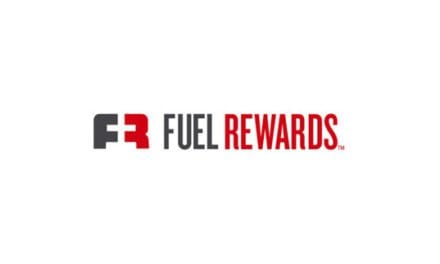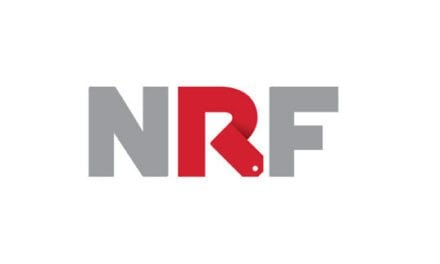By Joe Petrowski
A critical decision for any business leader is if, when and how to choose an outside counsel in this increasingly litigious and regulated world. That is only magnified with us on the cusp of one of the greatest M&A periods throughout the energy chain.
Obviously the first criteria is the nature of the need which can run from:
- Acquisition
- Disposition
- Merger
- Joint venture
- Environmental
- Finance
- Regulatory
- Political and/or public relations
- Brand or reputational defense
- Litigation
- Labor issues
The honest fact is that inside corporate counsel is often not well versed in any, or all, of the above. And even worse, very often the issue surfaced on the corporate counsel’s watch and so there is a natural tendency to CYA. An outside counsel will not have the baggage of prior decision making, and most likely has seen similar cases at other companies.
Obviously there are great mega firms available, such as:
- Skadden Arps
- Andrews & Kurth
- Steptoe Johnson
- Mintz Levins
- Rubin & Rudman
- Wilmer Hale
- Simpson-Thatcher
- Sullivan Cromwell
- Latham & Watkins
- Baker-Bott
- Weil-Gotchels and Manges
- Alston-Byrd
But price and/or brand should not be the major driver to selection. There are many fine smaller and local firms who, besides price, may be very good in the local political or judicial setting and give a high degree of personalized attention
In interviewing outside counsel the scoring, in my opinion, is based upon:
- Experience, especially in the area of immediate need (law firms who are masters in underwriting and SEC matters may not be as advantageous in FTC cases).
- Commercial understanding and sense in the specific business (often a major flaw for many counselors).
- Networked contacts. Attorneys well connected to people in private industry, public and judicial arenas have simply more to drawn upon to be effective.
- Personality. Just as political leaders do better if they are personable (Hillary and Donald exceptions) business leaders need to be trustworthy and likeable, and this is especially so if one is bringing in outside counsel or consultants who by nature might disrupt the status quo.
And while price matters, “you get what you pay for” should be remembered. Also, it has been my experience that most cost overruns in legal occur when the client runs on with phone calls and questions rather than remaining tightly focused and letting the counsel do their jobs. Rates, estimated hours and judicious use (pun intended) of the legal team further controls costs.
 Joe Petrowski has had a long career in international commodity trading, energy and retail management and public policy development. In 2005, he was named President and CEO of Gulf Oil LP and elected to the Gulf Oil LP Board of Directors. In October of 2008 he was named CEO of the now combined Gulf Oil and Cumberland Farms whose annual revenues exceed $11 billion and that now operates in 27 states. In September 2013, Petrowski stepped down as CEO of The Cumberland Gulf Group. He is now managing director of Mercantor Partners, a private equity firm investing in convenience and energy distribution, and a member of the Gulf board.
Joe Petrowski has had a long career in international commodity trading, energy and retail management and public policy development. In 2005, he was named President and CEO of Gulf Oil LP and elected to the Gulf Oil LP Board of Directors. In October of 2008 he was named CEO of the now combined Gulf Oil and Cumberland Farms whose annual revenues exceed $11 billion and that now operates in 27 states. In September 2013, Petrowski stepped down as CEO of The Cumberland Gulf Group. He is now managing director of Mercantor Partners, a private equity firm investing in convenience and energy distribution, and a member of the Gulf board.









